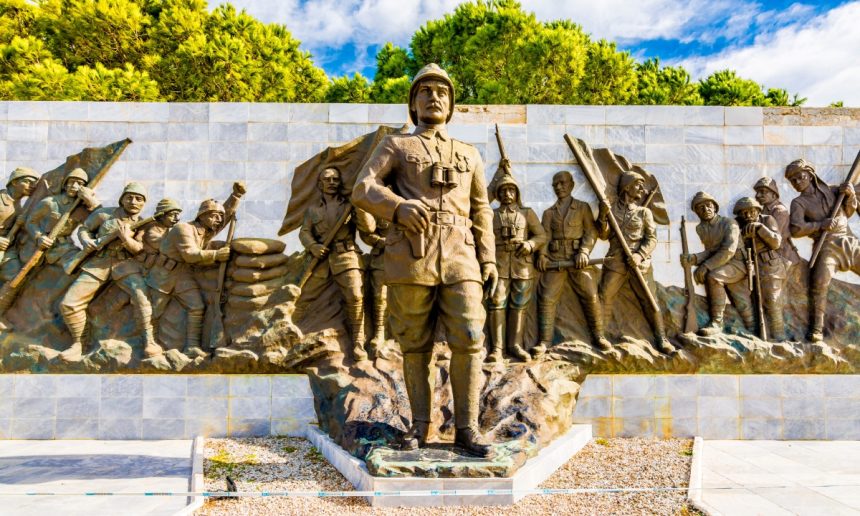Students are finding traditional histories, such as the story of the ANZACS and the first fleet, “deadly boring” according to a new study.
Titled ‘Re-thinking historical consciousness in a pandemic: From commemoration to contestability,’ the study by Western Sydney University revealed over two-thirds of students at primary and secondary levels saw the content as irrelevant to their everyday lives.
Dr Kay Carroll, Senior Lecturer of Education at the university, led the study that set out to explore the significance of historical consequences on young people in the early days of the COVID-19 pandemic.
The team used survey data from Australian schoolchildren aged 12–18 years, comprising 678 students from all three school sectors nationwide and also interviewing 39 primary and secondary teachers.
The results showed students much preferred to learn about indigenous perspectives, with improved classroom engagement seen when interacting with topics like the Stolen Generations or refugee stories.
“Students see history as adult concepts for adults, and they’re perhaps not as engaged in these nationalistic types of stories,” said Dr Caroll when speaking with 6PR Breakfast earlier today.
“They know about the ANZACS, they’re very familiar with some of the resources and their attributes like mateship, but they really don’t necessarily get engaged with that because it happened so long ago.”
Students are still eager to learn
Despite this, Dr Caroll also said today’s students are far more willing to learn about history – especially when it is framed as challenging, relevant and open to questioning.
The research reinforces this claim, showing that 60 per cent of students reported they enjoyed and were confident in analysing primary sources and viewing ambiguous historical events through a more critical lens.
Dr Carroll said these findings suggest that living through the disruption of the pandemic has led to creating personal connections with history becoming more important to today’s students.
“They (students) were doing remote schooling in many contexts around Australia, and yet they were engaging with a curriculum that was telling stories and perspectives from people who’d been through hardship and difficulties with a really important story to tell.”
“That’s what the students really engage with because it’s embedded in their every day. Particularly now as we move towards events in history, they’re (students) switched on, they’re connected, they really wanna have that understanding and perspective.”
Helping students connect with ANZAC history
Dr Kay says schools need to highlight the importance of historical analysis, giving students the tools they need to understand why history is relevant, but challenge the evidence in front of them.
According to the study, 87 per cent of teachers interviewed were already implementing “inquiry-based learning,” giving students the opportunity to understand historical events on a personal level by interacting with real primary sources.
“They (students) looked at newspapers, they looked at radio broadcasts, and they came up with an understanding of the evidence, the impact, asking why is this significant? Whose story is being told, and whose story is not being told?”
“The teachers out there in the classrooms are doing amazing work, making it really relevant, really active, really engaging. They’re getting students to ask questions and really think critically about what story is being told and from whose perspective.”








